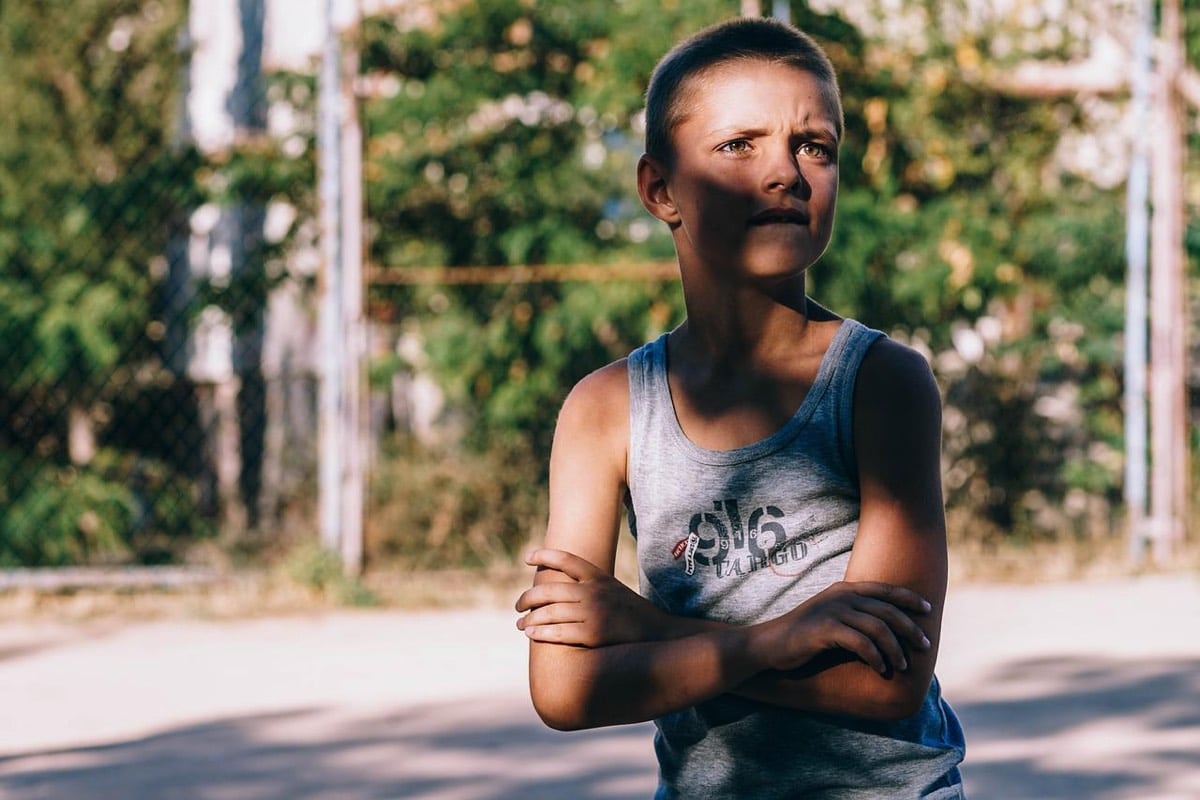
Preadolescence begins between the ages of 9 and 12. Tweens are in the middle stage where they leave childhood and enter adolescence. With the onset of puberty during this stage, children will experience a lot of changesboth physical and behavioral.
It can be strange for parents to see their children officially emerge from childhood. However, at this stage, boys and girls need their parents more than ever. The support and advice of parents is essential to face all these changes before moving on to adolescence. Let's take a look at what this important stage of life consists of in order to better support pre-adolescent children as they go through the transition.
What is a preteen?
A preteen is a boy or girl between childhood and adolescence. The children enter preadolescence between 9 and 12 years old. Age range may vary, as some children begin to show signs as early as 8 years of age. Also, some pre-adolescents can be in this stage until they are 13 years old.
But regardless of age, all tweens have one thing in common at this stage of life: experience major changes as they approach puberty. Tweens not only experience physical changes, but will also have noticeable mental and emotional changes during this transition.
What behavior is expected during preadolescence?

Increased independence is a hallmark of the tween years. Your son or daughter will begin to try new things to help him discover her identity. While you may still enjoy family time, you may also notice a deliberate attempt to set your own interests. Groups of friends also have a new priority during this stage.
You may notice the following behavioral changes in your son or daughter:
- Increase in risky behaviors
- A more rebellious nature, or interest in breaking the rules
- Lack of interest in their childhood hobbies, and the appearance of new interests
- An attempt to try different sports, arts and other activities until you find the one that fulfills you the most
- Increased need for sleep especially on weekends and during school holidays
- Stress from the need to fit in with peers
- Increased fears of making a fool of yourself in front of others
- You experience more emotional ups and downs due to hormonal fluctuations at puberty
- Increased focus on body weight and physical appearance
- You can also start spending more time with technology, watching videos, playing video games or interacting through social networks
- You may notice that your son or daughter is more aware of sex and relationships, as well as drugs and alcohol
Apart from the emotional and mental changes, tweens also physically transform when they reach puberty. This results in physical changes that can be confusing to your son or daughter and which they may ask you about. These changes are as follows:
- increased body hair
- Rapid growth
- larger hands and feet
- Baby teeth fall out
- appearance of acne
- Breast development and onset of menstruation in girls
- larger genitalia in boys
Tips for Raising Tweens
Let's look at some suggestions for help your tween son or daughter through this transition:
- Practice empathy and understanding. The key to parenting a tween is a combination of empathy and understanding while setting healthy boundaries.
- Assist in decision making. Teach him to weigh the pros and cons as an effective decision-making process. Tweens seek independence at this age, but they still need parents to guide them.
- Be a good role model. Modeling good behaviors like exercising regularly, eating a healthy diet, and expressing your emotions in healthy ways can be a role model for your son or daughter.
- Don't be afraid to talk about sex, drugs and alcohol. It's important to have honest conversations about sex, drugs, and alcohol early on, before your child is exposed to information from peers. This can open the door for your son or daughter to come to you with questions.
- Monitor the use of technology and social media. It is important to control the use of technology at this stage and teach them the Internet security.